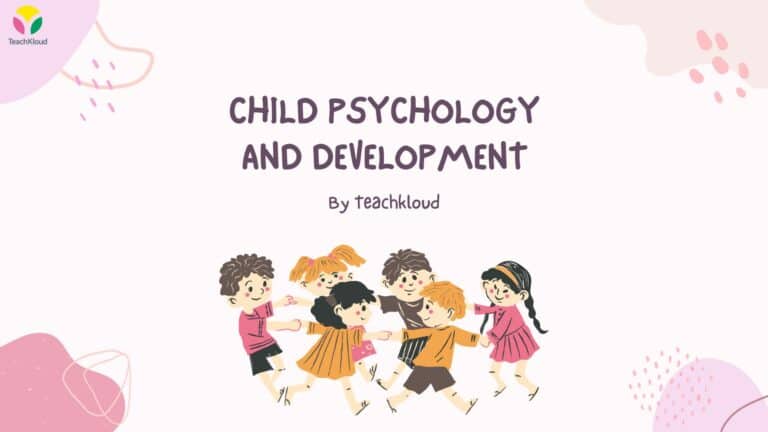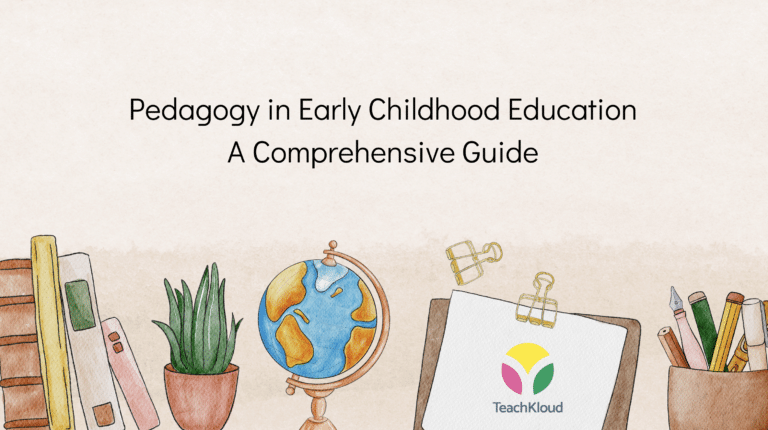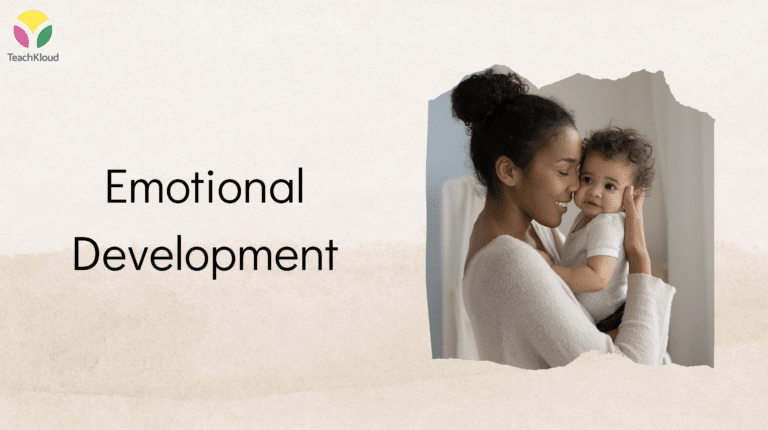Author: “Ms Ashley”
instagram: @earlychildhoodenthusiast
I always stress that much of the disconnection we have with young children and their learning process stems from the simple fact that we adults think we know everything. The truth of the matter is that while we know a lot, much of it has been watered down with ideologies that do not serve the child when it comes to how and what they are learning. Let’s focus on critical thinking; a phrase often thrown around in the education field that unfortunately (in my opinion) isn’t fostered enough. Critical thinking encourages children to analyse the information given to them, confidently question things and fearlessly make changes. It’s that natural curiosity that makes children say “well, what will happen if I do this?” It’s that initiative that makes them want to try something on their own or try something different altogether. That sort of thought process cannot be perfected when adults come into the picture with an authoritative, rigid and absolute way of teaching. It implies that what the adult says is the only way and that is it. That is often the issue I have when practitioners drill children with flashcards and memorisation, with no balance.
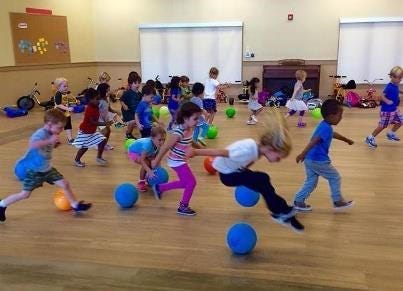
What good is it for children to memorize the letters of the alphabet, if they have yet to learn that those letters are symbols that represent thoughts and ideas?
What good is it, if they don’t understand that they have their own thoughts and ideas?
Facilitation is a process of encouraging the child to connect the dots and apply the information they’ve been given, in a real world context. I tend to use the term “facilitator” a lot more than teacher. When you facilitate a discussion, you serve as a moderator. You pose questions. While you oversee the process, the people participating in the discussion or debate are what really make the interaction thrive. This is the mindset I adopt when working with young children! When you facilitate, you set up the environment, present some information and actively pay attention to how the student reacts. The difference here, though, is that there is often an end result or objective we are trying to reach with our children. This is not a bad thing; in fact, it is often necessary, but that does not change your role as a facilitator.
The easiest example I can think of would have to be shoe tying. The objective is for them to tie their shoe on their own. You can show them how to do it all you want but until they implement the fine motor skills to do it on their own, it likely won’t be effective. During their learning process, you can give them suggestions and offer help as needed (scaffolding). However, their experience will be a lot more successful when you know your role. Being a facilitator calls for you to do a constant mirroring of what’s happening with the child. You hold up the mirror so that the child can be aware of what’s happening in the experience.
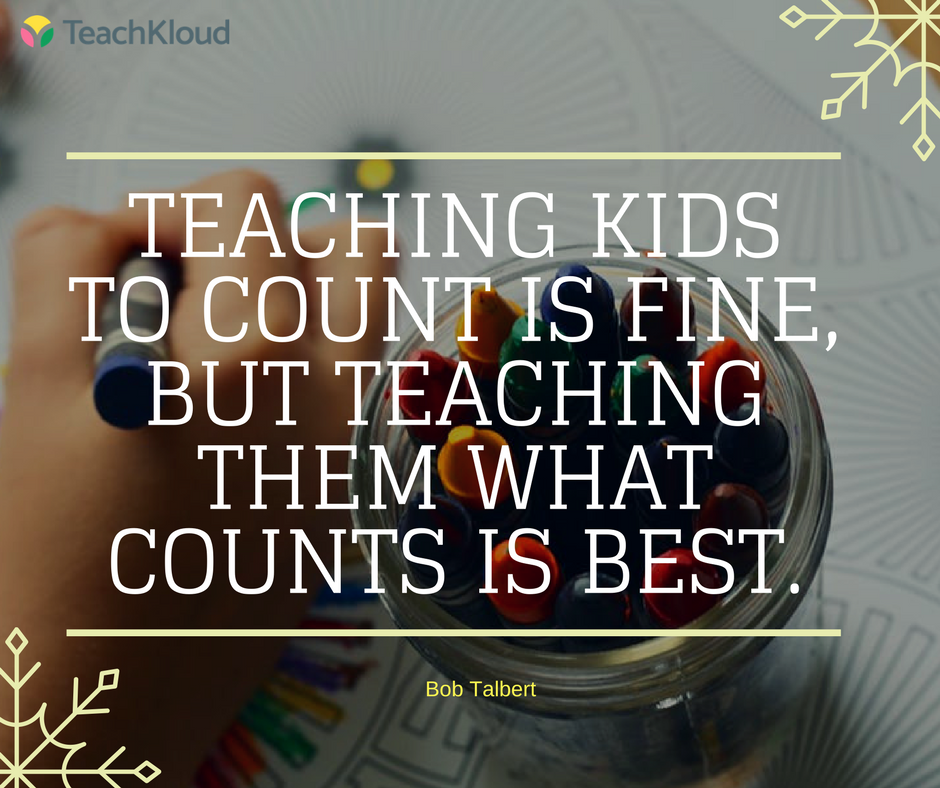
You might ask questions that incite reflection on the child’s end. This will give the child space to understand what is happening. If they get stuck and need help, you do just that: help them as needed. I call this method of parenting and teaching the “hands off, hands on” approach. You are hands off by allowing the child to work through their exploration. Additionally, you are hands on, by paying attention to the child’s safety, while actively engaging with the child in a way that isn’t overbearing or robbing the child of the experience. Although we aim to achieve certain goals for the child, much of the learning is done in the process phase as opposed to a projected product.
I see it often where parents and educators get so consumed with doing things the “right” way at times when it is entirely inappropriate.
I would have used the word “unnecessary” in that last sentence, but I need for people to understand that when you project your obsession with the end result on to your child’s learning process (and it does not help them) it is inappropriate. This goes back to being in tune with the needs of your child. Perhaps what you think needs to be achieved for that child is not the truth in that moment. I have met lots of parents who set high standards for their children because of their projection. Even though I can see as a facilitator, that their child is still trying to work through their own needs. They are going through the process of what is happening, in that moment. When we rush children the adult or teacher usually ends up doing the work for the child. While the parent believes that their child completed the task independently. This, in my opinion is a problem because the child did not learn how to do it, it was done for them!
Let’s show you how we support preschool providers here
Part of being a facilitator is being honest with yourself:
- What is really happening right now?
- What needs to happen right now?
- What is the reason for me feeling as though I need to intervene?
- Is it truly going to benefit the child based on what is happening right now?
This takes some self-evaluation. When we set goals for our children, we consider where they are and do our best to protect the experience so that they can truly do it on their own. That is facilitation. Anything else is shortchanging them.
For more articles on topics like this, giveaways and awesome stuff join our early childhood blog. Hundreds already have :)
Author Biography
Ms. Ashley is a play enthusiast and founder of Play Enthusiasm LLC where “children Lead. Parents Guide. Teachers Support.”
You can find more information about Ms Ashley on her:
Website: www.playenthusiasm.com
Instagram: @earlychildhoodenthusiast
Facebook: Play Enthusiasm
YouTube: Play Enthusiasm

